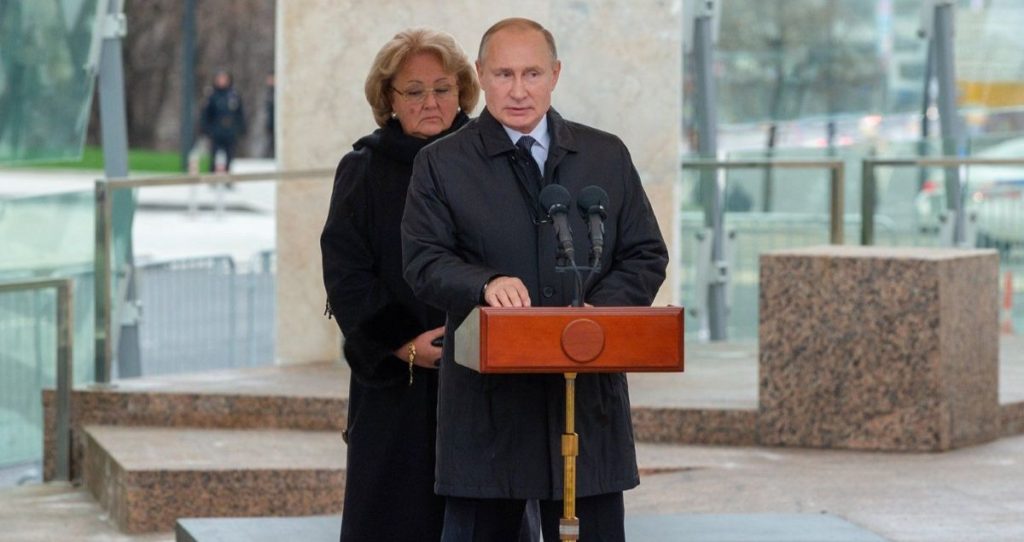Russia Expands Censorship: Even Online Searches Are Illegal
Others are reading now
In most countries, opening a news site online is something people never think twice about. It’s routine. But in Russia, even a simple search can now come with a fine.
A new law makes it illegal to look up certain websites and articles, and authorities say it is part of their fight against what they call “extremist material.”
Blacklisted

One of the latest additions to the blacklist is the Ukrainian news site Tsenzor.net. The site has been added to a long catalog of banned content by Russia’s Justice Ministry, reports DR.
The list also includes thousands of articles, videos, social media posts, song lyrics, and even books.
Among the items are Adolf Hitler’s Mein Kampf, Jehovah’s Witnesses magazines, opposition writings, and the autobiography of jailed activist Alexei Navalny.
Also read
Anything critical of President Vladimir Putin is also at risk of being marked extremist.
Warning Messages Sent Out

The law was signed by Putin last month. It also punishes people who try to bypass restrictions using a VPN. Russian citizens caught searching for banned material can now face fines of up to 40 euros.
Local media report that some people have already received warning messages on their phones, telling them that searching for extremist material could result in penalties.
Associations to 1984

The move has drawn protests from the country’s opposition. Politician Boris Nadezhdin compared the measure to something out of George Orwell’s novel 1984.
Human rights groups such as Amnesty International and Human Rights Watch say the law will tighten censorship, cut off access to independent news, and expand state surveillance.
Also read
Tightened Restrictions

Russia has been increasing its control over the digital space for years. In 2019, the government introduced the “sovereign internet” law, meant to create infrastructure that could disconnect Russia from the global web.
Since then, Facebook and Instagram have been banned, and Meta was labeled an extremist organization. More recently, Russians have faced restrictions on YouTube.
For the first time, however, the ban extends beyond sharing or posting. Simply searching for the wrong thing online is now enough to put ordinary Russians at risk.


